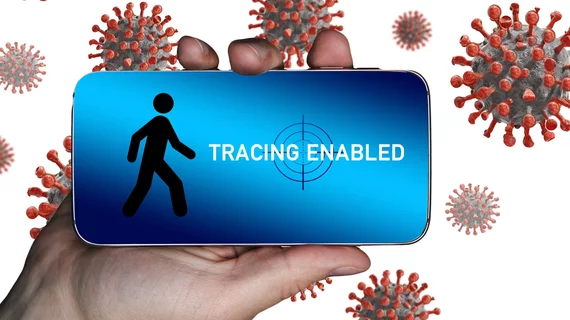Backward tracing busts COVID clusters, as Japan has found and shown
Japan must be doing something in its war on COVID that Western Europe and the United States aren’t doing in their respective homelands.
The Land of the Rising Sun has recorded around 103,000 cases since the start of the global health crisis. That’s less than a tenth of the case counts in France and Spain, both of which have smaller populations. The U.S. is about to top 9.5 million.
Japan’s not-so-secret weapon is backward contact tracing. This looks for people who might have spread a sickness to any given infected individual. Most of the West only does forward tracing, which looks for people who were in the presence of the infectee and may have picked up the virus.
Japan does both.
A news analysis posted Nov. 3 at Bloomberg does the math and explains what a difference bidirectional tracing can make.
Looking backward “exploits a weak spot of the virus—the tendency for infections to occur in clusters, often at super-spreading events,” reporter Tim Loh writes.
“The cluster formation is probably one of the most important epidemiological characteristics” of the coronavirus, Hitoshi Oshitani, an architect of the Japanese government’s strategy, tells Bloomberg.
The article also quotes KJ Seung, MD, an infectious disease expert who helped Massachusetts adopt bidirectional contact tracing over the summer. Since then his team has exposed clusters that originated or accelerated at weddings, funerals, bars and other social occasions and gathering sites.
“It’s been eye-opening,” Seung tells Bloomberg. “You can discover more cases, more efficiently.”
How much more efficiently?
“If 80% of cases do not transmit, then 80% of cases where you are forward tracing contacts are wasted effort,” Harvard epidemiologist William Hanage, PhD, says. “Because you know transmission occurred in the backward tracing, the marginal benefit is greater.”

